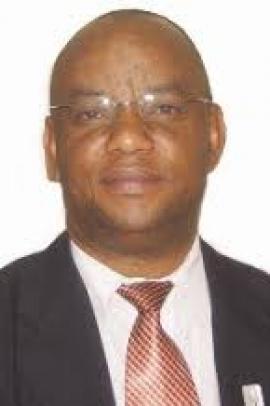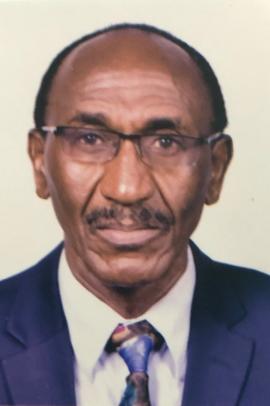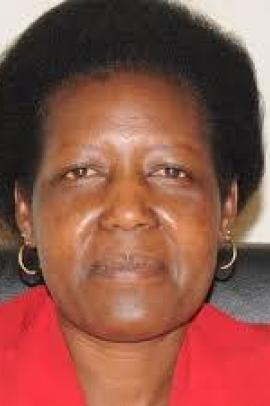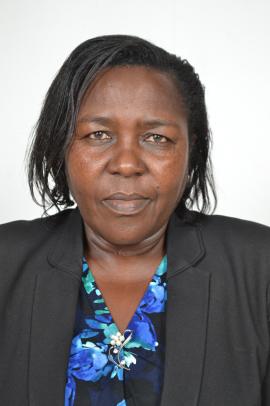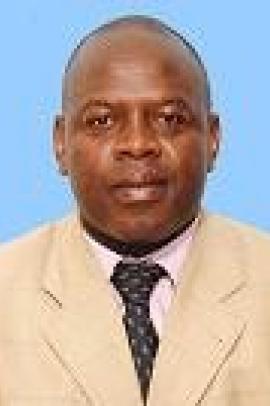Student Short Biography
Duke Mose Nyangena was born in 1974 in Kisii North district which is now Nyamira County.
Education
Duke Nyangena attended Riamoni primary school culminating in the Kenya Certificate of Primary Education (KCPE) exams in 1987. He joined Cardinal Otunga High School in 1988 and cleared his Kenya Certificate of Secondary Education (KCSE) exams in 1991. He later joined the University of Nairobi in 1993 to pursue a Bachelor of Arts Degree in Economics which he completed in 1997 having attained a second class upper division.
He pursued Certified Public Accountancy (CPA) and attained CPA(K) status in the year 2008.
He obtained a Master of Arts in Project Planning and Management of the University Of Nairobi in the year 2020
Work Experience
Duke Nyangena worked in the banking industry for 15 years beginning the year 1998. He worked in Cooperative Bank as a Credit Officer and later as a Business Development manager for a period of nine years. He later worked as a Business Growth and Development manager/Branch Manager in Krep Bank, Equity Bank and Credit Bank for a combined period of six years.
Duke Nyangena is now a businessman in the hotel industry, running Keiko Hotel in Kisii town. He is also a business finance consultant using the wealth of experience in banking to advise businessmen on the appropriate sources of finance for their businesses

Thesis / Project Title
Influence Of Provision Of Free Maternal Health Care Program On Maternal Mortality Rates In Kisii County, Kenya
Thesis / Project Abstract
Kenya has long suffered from high maternal and infant morbidity and mortality rates. Recent estimates set the maternal mortality rate at 488 deaths per 100,000 live births, well above the MDG target of 147 per 100,000 live births by the year 2015 and SDG target of 70 per 100,000 live births by the year 2030. For every woman who dies in childbirth in Kenya, it is estimated that another 20-30 women suffer serious injury or disability due to complications during pregnancy or delivery. The problem is driven, at least in part, by lack of access to quality maternal health services, including ante-natal, delivery, and post-natal services By 2012, only 44% of births in Kenya were delivered under the supervision of a skilled birth attendant. In 2013, the Government of Kenya took action to address this problem by initiating a policy of free maternity services in all public facilities. This paper seeks to evaluate the success rate of this government policy of free maternal health care and the challenges facing free maternal health care in Kenya. It begins by outlining the national and international framework guiding the right to reproductive health. It then documents some of the key challenges facing the free maternal health care program and outlines several strategies for ensuring free services are implemented fully. Finally, it closes with a summary of recommendations to the Government of Kenya and other stakeholders.

